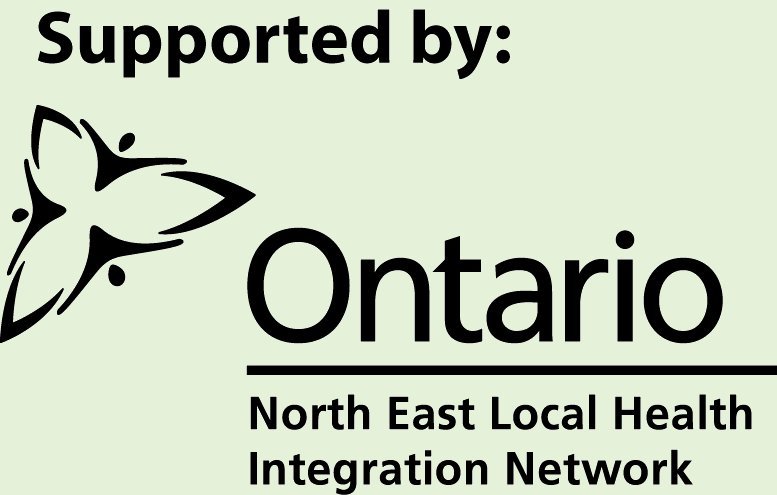|
Skip to Main Content
Accessibility
Contact Us
Career Opportunities
Français

|
Diabetes - What You Need to Know
|
What is diabetes? |
|
|
https://www.youtube.com/watch?v=MHlWM8_iqfA
What are the symptoms of having diabetes?
- Unusual thirst
- Frequent urination
- Weight change (gain or loss)
- Extreme fatigue or lack of energy
- Blurred vision
- Frequent or recurring infections
- Cuts amd bruises that are slow to heal
- Tingling or numbness in the hands or feet
- Trouble getting or maintaining an erection
Risk factors for type 2 diabetes
- Being 40 years of age or older
- Having a close relative (parent or sibling) who has type 2 diabetes
- Being a member of a high-risk population, such as those of Aboriginal, Latin American, Asian, South Asian or African descent
- Having a history of prediabetes (impaired fasting lgucose)
- Having some evidence of the complications of diabetes, such as eye, nerve or kidney problems
- Having heart disease
- Having a history of gestational diabetes mellitus
- Having high blood pressure
- Being overweight, especially around your abdomen
- Having a history of giving birth to a baby that weighed over 4 kg (9 lb) at birth
- Having obstructive sleep apnea
- Having a history of using glucocorticoid medication
| | |
| |
|
What is Carbohydrate? |
|
|
Carbohydrate is one of the main sources of the energy we get from food. It is found in cereals, breads and pastas, fruit, juices, starchy vegetables (potatoes, yams, and corn), legumes, milk, yogurt and sweets.
When you eat carbohydrate, it becomes glucose (sugar) in the blood. For people with diabetes, if too much carbohydrate is eaten at a meal, extra glucose (sugar) stays in the blood. This extra glucose (sugar) raises blood sugar levels. This can cause health problems over time.
If you have diabetes, it is important to know how much carbohydrate is in each meal or snack that you eat. This information can help you stay within your blood sugar target ranges.
How much carbohydrate should I have at each meal?
A Registered Dietitian will help you plan the right amount of carbohydrate for you. Try to have a consistent amount of carbohydrate at each meal and snack. A safe starting point for most men is 60 to 75 g (grams) of carbohydrate and for most women is 45 to 60 g of carbohydrate per meal. Between meal and bedtime snacks will usually have 15 to 30 g of carbohydrate.
An example of a 60 g carbohydrate breakfast would be:
| 1 cup (250 ml) cold cereal |
30 g |
| 1 small banana |
15 g |
| 1 cup (250 ml) 1 % milk |
15 g |
| 1 poached egg |
0 g |
| 1 tsp non-hydrogenated margarine |
0 g |
| Black tea or coffee |
0 g |
|
60 g |
An example of a 75 g carbohydrate dinner would be:
| 1½ cups (375 ml) cooked noodles or 1 large potato |
45 g |
| Unlimited broccoli with 1 tsp. non-hydrogenated margarine |
0 g |
| Green salad with low-fat dressing |
0 g |
| 4 oz (120 g) boneless, skinless chicken breast baked in oven |
0 g |
| 1 cup fresh blueberries |
15 g |
| 100 g container of low-fat vanilla yogurt |
15 g |
| Black tea or coffee |
0 g |
|
75 g |
| | |
| |
|
What is the Hemoglobin A1c Test? |
|
|
| | |
| |
|
Diabetes Focused Visits with Local Physicians in Chapleau |
|
|
These visits take place at the Saari Medical Clinic in Chapleau once per month. It is important to attend these visits with your healthcare team (Nurse, Dietitian, Family Doctor) to focus specifically on your diabetes.
What To Expect
- Review of recent laboratory tests
- Measurement of your blood pressure
- Examination of your feet at least once a year
- Referral to an eye care professional (usually once a year) such as the CNIB eye van that visits Chapleau once per year.
- Assessment of your risk for heart attack and stroke
- Conversation about exercise, food choices, smoking, mood, stress and sexual function
- A review of all the medications and supplements you take
How To Prepare
- Have laboratory tests done prior to your visit
- Bring blood glucose records with you (written down or printed from meter)
- Bring a list of all medications, including non-prescription drugs and supplements. Let your team know which medications need to be refilled.
- Write down any questions about your diabetes.
- Save any non-urgent, non-diabetes questions for another visit. This will ensure that your diabetes gets the full attention it deserves.
| | |
| |
Robin Greer, RD, CDE and Heather Richardson, RN, CDE
Your local Diabetes Educators
705-864-3070 or rgreer@sschs.ca, hrichardson@sschs.ca
|
|

|
|
|










